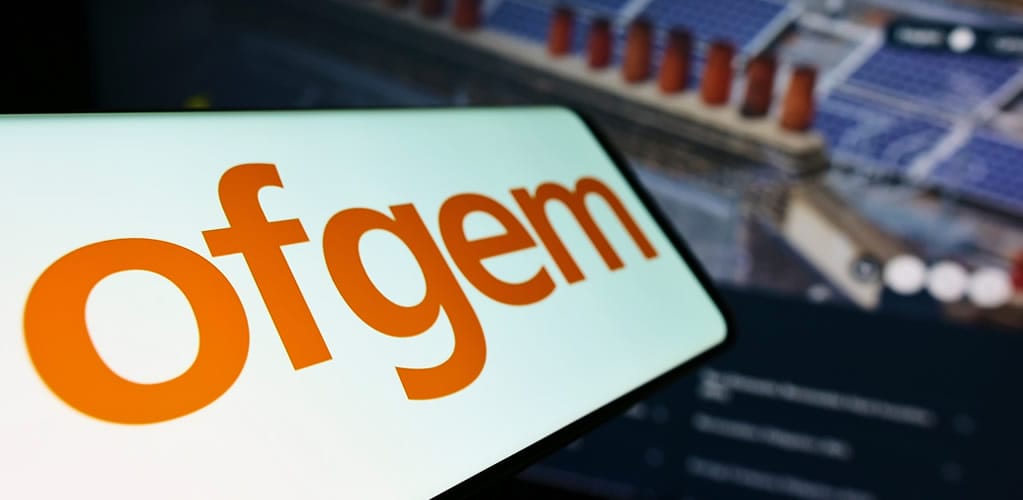Ofgem on notice of court action if it fails to comply with legal duties to protect vulnerable customers
The country is in the midst of an unprecedented cost-of-living crisis, with 35 million people under threat of fuel poverty in the coming months. Ofgem has a duty to protect consumers, particularly those who are vulnerable.

The country is in the midst of an unprecedented cost-of-living crisis, with 35 million people under threat of fuel poverty in the coming months. Ofgem has a duty to protect consumers, particularly those who are vulnerable.
First published: August 2022.
The country is in the midst of an unprecedented cost-of-living crisis, with 35 million people under threat of fuel poverty in the coming months.
As the price of energy continues to rise relentlessly, households will be faced with energy bills they just can’t afford. And, with the Government’s package of support from May already rendered obsolete, there is very little help available for those who desperately need it.
Ofgem, the energy regulator, sets the level at which the cost of energy is capped. When it does this, it has a duty to protect consumers, particularly those who are vulnerable.
In our analysis, that means it has to conduct a proper impact assessment before implementing changes to the price cap. Having done so, it has the power to ease the pressure of mounting bills on vulnerable consumers who are likely to be most affected by imposing a separate, lower cap for them, sometimes called a ‘social tariff’.
But, on 26 August, Ofgem is set to announce yet another energy price cap hike, which will come into effect on 1 October. This will raise the average household bill to a predicted £3,582, marking a 180% increase from this time last year. In doing so, it seems to have barely considered the impact its decision will have, let alone any steps it could take to mitigate it.
In July, we wrote to Ofgem, expressing our concerns about its decision-making. We asked it to provide proof of its impact assessments. We got a three-line reply, which did nothing to ease our concerns.
That is why we, along with Fuel Poverty Action and Dion Alexander, the Chair of the Highlands & Islands Housing Associations Affordable Warmth Group, have written to Ofgem demanding it does more to protect vulnerable people and off-grid communities.
We are now calling on Ofgem to commit to carrying out proper impact assessments, and to consider appropriate mitigation measures, before raising the energy price cap any further.
Ofgem can do much more to protect vulnerable people.

GOING FURTHER:
- You can read our new letter to Ofgem here.

|

|

|
— AUTHORS —

|
▫ Good Law Project, a not-for-profit campaign organisation that uses the law to protect the interests of the public. ⚖️ GoodLawProjectonlyexiststhanksto donations from people across the UK. If you’re ina position to support their work, you can do so here. |
Sources
- Text: This piece was originally published in Good Law Project and re-published in PMP Magazine on 16 August 2022, with the author’s consent. | The author writes in a personal capacity.
- Cover: Adobe Stock/Timon.






[Read our Comments Guidelines]